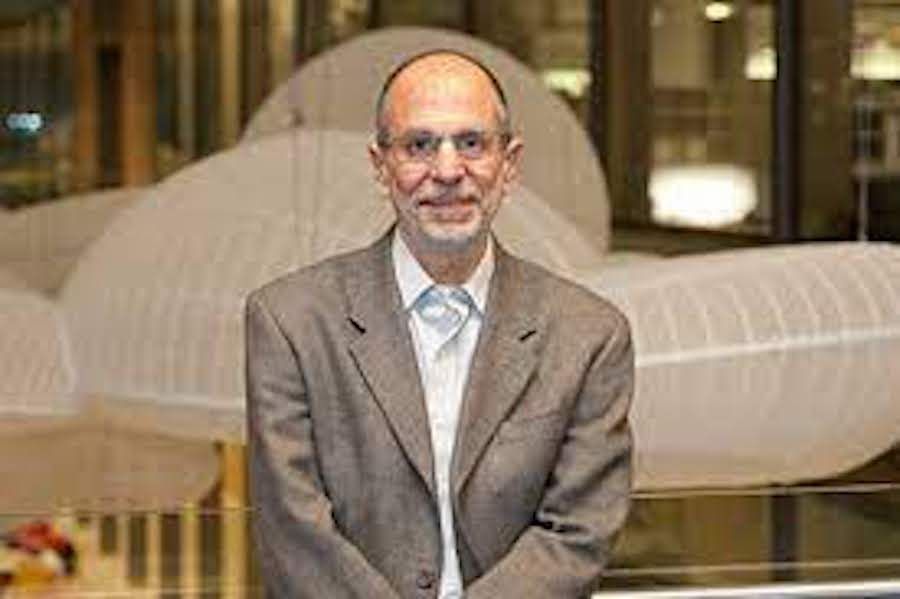Robert Cava: Princeton: Finding New Materials – a Chemical Perspective

Zoom Details
Finding New Materials – a Chemical Perspective
Seminar
2:00 pm - 3:00 pm
Zoom Link: For Zoom Information Please Contact: QF-admin@cnsi.ucsb.edu
Speaker
Robert Cava
Professor of Chemistry
Princeton University
Bio
Robert Cava is the Russell Wellman Moore Professor of Chemistry at Princeton University and is the former Chair of the Department of Chemistry and former Director of the Princeton Materials Institute. He began at Princeton in 1997 after working at Bell Laboratories for 17 years, where he was a Distinguished Member of Technical Staff. He received his Ph.D. in Ceramics from MIT in 1978, after which he was a National Research Council Postdoctoral Fellow at the National Institute of Standards and Technology. He is a Fellow of the American Physical Society, the Neutron Scattering Society of America, the American Ceramic Society, and a member of the National Academy of Sciences. He is a Foreign Fellow in the Royal Society of London. He has been the recipient of the Matthias Prize in Superconductivity, the New Materials and Inorganic Chemistry Prizes of the American Chemical Society, a Lectureship Award from the American Physical Society, the De-Shalit Memorial Lectureship at the Weizmann Institute of Science, the Debye Lectureship at Cornell University, the R.J.P. Williams Lectureship at Oxford University, an Honorary Doctorate from the Technical University of Gdansk, and the John J. Carty Award for the Advancement of Science from the National Academy of Sciences. At Princeton, he has received the President’s Award for Distinguished Teaching, the Phi Beta Kappa Teaching Award, and three teaching awards from the Princeton Engineering Council.
Abstract
Finding new materials that are of interest in the community of materials physicists is, in my view, best done by using the insights and tools of solid-state chemistry to direct exploratory synthesis towards finding materials with potentially new electronic and magnetic properties. Unfortunately, however, most solid-state chemists do not feel comfortable with the language of physics, and further compounding the disconnect between physics and chemistry, materials physicists do not, in general, understand the complexities of chemistry and its language. Theoretical physicists, who I find to be lots of fun, seem even further in research culture from “bench chemists,” making chemical research even more brutal to aim towards forefront physics. However, it is the theorists who most often live in gardens of untested ideas. In this talk, I plan to describe materials in several different chemical families that we have worked on in recent years - found from a distinctly chemical perspective, I think, with their potential significance to materials physics in mind. Some of them you may find interesting and others not so attractive. The main idea is to keep trying, propose and find new materials to see what sticks welcome collaborations, and never give up.